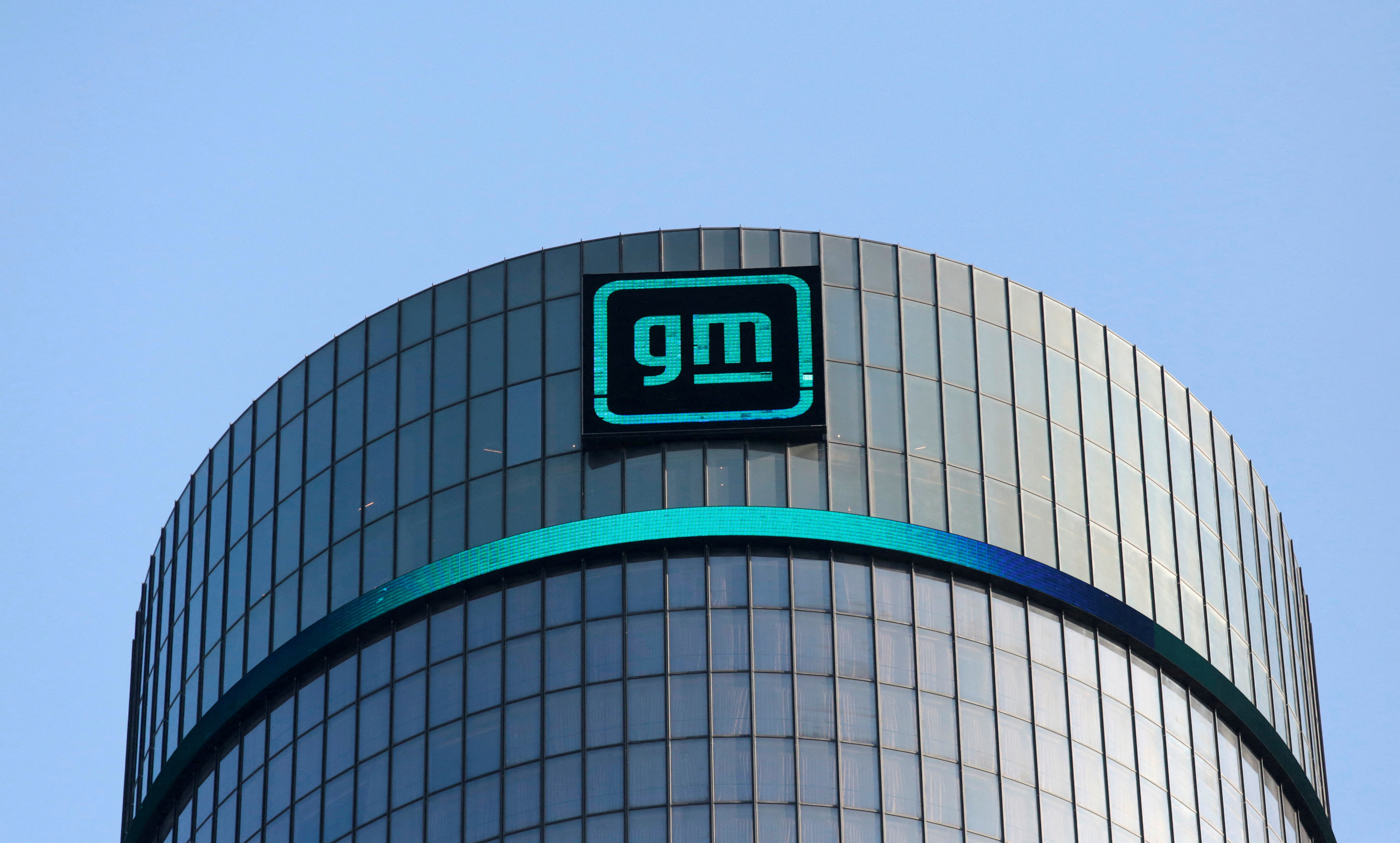Bezos Earth Fund's Steer calls for more creative climate finance
LONDON, Sept 7 (Reuters) - Development banks and philanthropists need to be more creative in the way they finance projects to limit climate change and protect nature, the $10 billion Bezos Earth Fund's CEO said.
Andrew Steer said in an interview at the Reuters IMPACT conference in London that reform of the World Bank and other multilateral lenders could go further to bolster financial flows to emerging markets, as could charitable grant-giving groups.
Calls for changes to the international financial architecture have increased in recent months and changes at the World Bank are likely to be central to talks of the G20 group of nations in Delhi and the COP28 climate talks in November.
Under new CEO Ajay Banga, the World Bank has moved to expand its climate change and hunger programmes, and boost its lending power through new funding and balance sheet rules, although Steer said even more could be done.
"They can't do anything revolutionary, but my goodness me, they could do some pretty important things. They could take more risks but also they can be willing to have, if you like, a slightly different place in the capital stack."
The need for more concessional lending to emerging markets was flagged once again at the Africa Climate Summit in Nairobi, which Steer attended, and which is currently receiving just 12% of its annual climate funding needs.
Multilateral lenders could also "be much more creative with organisations like us", Steer said, "One of the things we were discussing in Nairobi is the opportunity to take philanthropic money and put it in to derisk, put it in as junior equity."
The work of the Bezos Earth Fund, which aims to disburse all its capital before 2030, covers everything from food systems to decarbonising energy systems and monitoring deforestation. To date it has given nearly $2 billion through 200 grants.
Another area that groups like the Bezos Earth Fund, the world's largest climate philanthropy group, could get involved is in helping get potential projects to market, Steer said.
"In Africa... maybe 40% of the projects that you design will never actually come to financial closure. So they're (the private sector) not willing to take risk, so maybe then we could come in and do that kind of thing."
To view the live broadcast of the Road to COP Stage go to the Reuters IMPACT news page: https://www.reuters.com/sustainability/reuters-impact/
Reporting by Simon Jessop; Editing by Alexander Smith
Our Standards: The Thomson Reuters Trust Principles.




